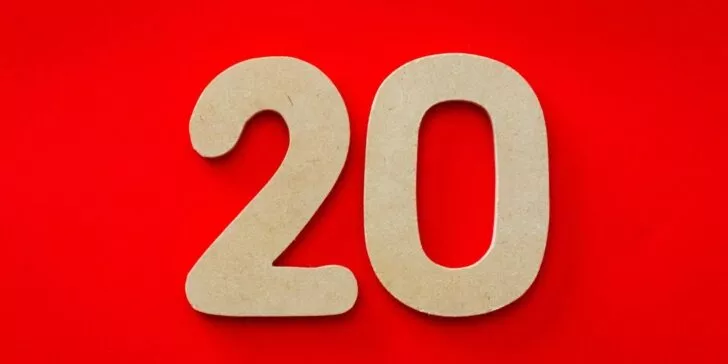Jeanne Dee, her husband and their young daughter have been traveling the world for four years, RVing throughout Europe for most of the year and returning to Spain for some months. As such, their little girl is mainly homeschooled; they’re moving “base camp” to Asia so she can become fluent in Mandarin as she is in Spanish.
I’ve been a reader of Jeanne’s for years, loving their travel stories. But I admit that I disagreed with the concept of homeschooling. I was homeschooled until I was nine, and based on my experience, I’d never choose or recommend it. I’d been left to focus on what I liked at the expense of what I didn’t like or wasn’t introduced to, and that left an awful lot to catch up with. Obviously, my homeschooling wasn’t global, but nor was it structured or, in my opinion, done for the right reasons. So it’s with interest that I saw what homeschooling looked like when it’s done differently.
That’s why I asked Jeanne if she’d talk a bit about her daughter and their experience. She was kind enough to agree, and I’ll be posting her interview as a series, edited very slightly. I don’t know if our conversation is changing my mind, but it’s certainly opening it up, and I do agree with Jeanne that that’s always an invaluable thing.
The first thing I wanted to know was how she and her husband decided to homeschool. Here’s what she had to say.
Like most parents, we were interested in doing what was best for our child. We see parenting as a big responsibility to be taken seriously, as we think it can contribute to peace on this planet, and each child can affect generations to come. For us, loving, peace and education go together.
I have a passion for education and child-rearing – innovative, brain-research-based studies and classical ways. I think no matter what method one chooses to educate a child (public, private, homeschool, virtual, unschool, combination, etc.) it’s always the parents’ responsibility, not a responsibility to foist on others blindly. I also believe in conscious conception and prenatal psychology, and was researching these things long before even meeting my husband. He is less of a researcher, but we are pretty much on the same page.
We chose to do this even before conception. As a monolingual, I’ve always been interested in raising a bilingual or trilingual child from birth, as it’s the easiest way to learn another language, has many advantages for the brain, and I think it will be important for global citizens in the 21st century to have the advantage of knowing several languages.
A baby starts to learn language at three months in utero. Thus, we started “homeschooling” even at that point. We are big believers in attachment parenting and the continuum concept. Those 9 months are a sacred time.
I think we are still answering the question of how to do this. It is not a static question. All parents “homeschool” their children for the first 5 or 6 years, whether they realize it or not, facilitating everything from walking to talking to routines like meals and brushing teeth. Parents are the first teachers. Thus, for us, it was never just one answer, but many answers that keep evolving as our child and family evolves. It is a conscious and value-based perspective and reminds me of this quote: “Be as steady as the north star and as flexible as the wind.”


Comments are closed.